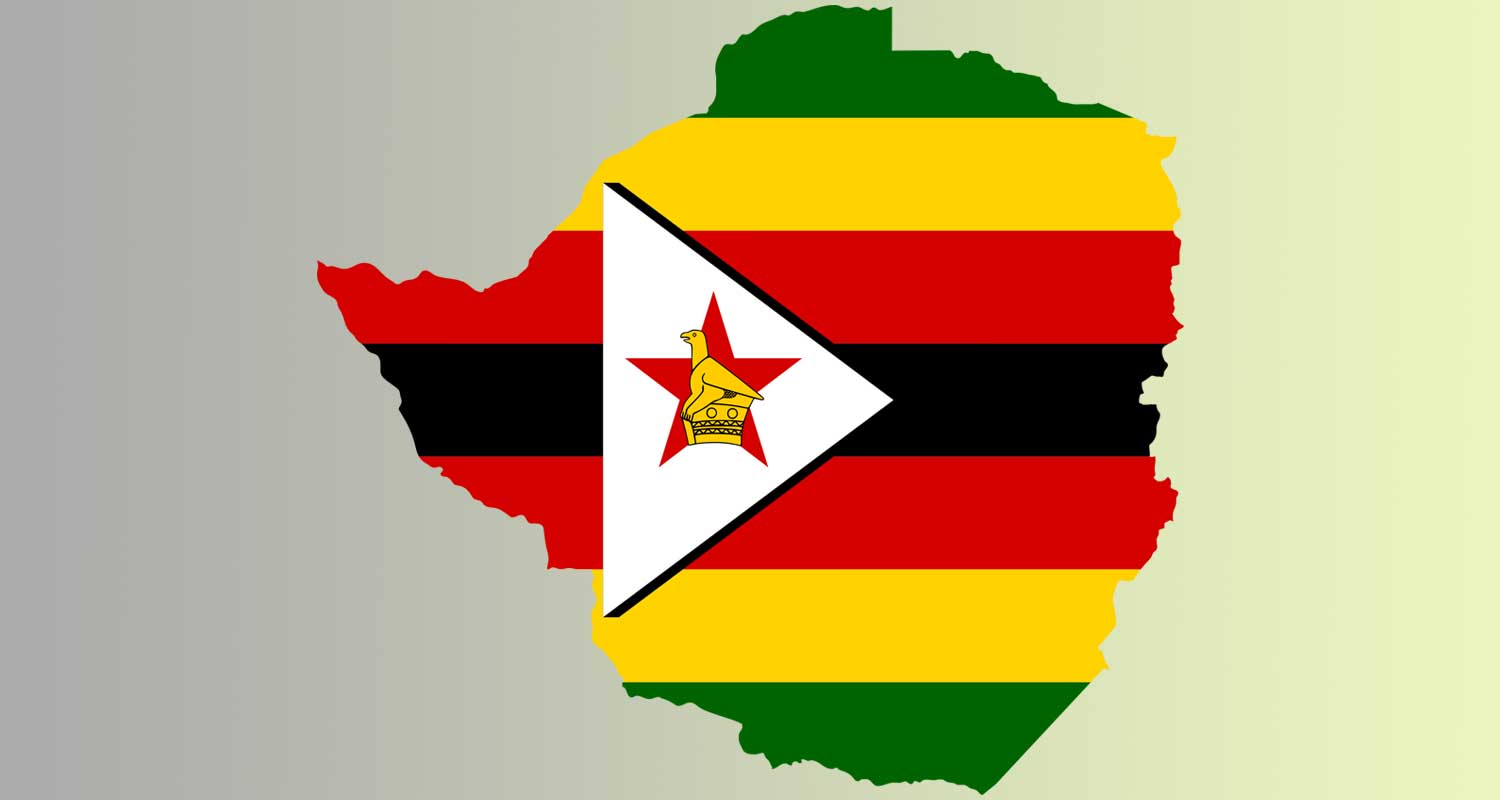 The International Monetary Fund has cautioned Zimbabwe against adopting a gold-backed digital currency to deal with macroeconomic challenges like volatility in the local unit, saying it should rather liberalise its foreign-exchange market.
The International Monetary Fund has cautioned Zimbabwe against adopting a gold-backed digital currency to deal with macroeconomic challenges like volatility in the local unit, saying it should rather liberalise its foreign-exchange market.
The central bank started selling digital tokens to investors on Monday for a minimum price of US$10 for individuals and $5 000 for corporates and other entities, as part of efforts to reduce demand for US dollars that now supersede the local unit as the preferred currency for transactions. The token will later also be used for transactions.
“A careful assessment should be conducted to ensure the benefits from this measure outweigh the costs and potential risks including, for instance, macroeconomic and financial stability risks, legal and operational risks, governance risks, cost of forgone FX reserves,” an IMF spokesman said on Tuesday in an e-mailed response to questions.
The Washington-based lender urged authorities in the Southern African nation to rather use conventional measures to address economic challenges. Those measures include maintaining a tight monetary policy stance and accelerating the liberalisation of the foreign-currency market by removing restrictions on the exchange rate at which banks, authorised dealers and businesses transact, it said.
Read: Zimbabwe’s digital currency plan needs R1.8-billion of gold
The Zimbabwean dollar has depreciated 40% against the greenback this year to trade at Z$1 070 on the official market and between Z$1 500 and Z$2 300 on the parallel market.
The IMF last year also raised issue with the Central African Republic’s adoption of bitcoin as legal tender, a decision the nation reversed a year later. — Ray Ndlovu, (c) 2023 Bloomberg LP




